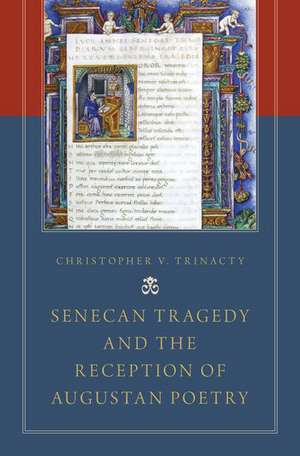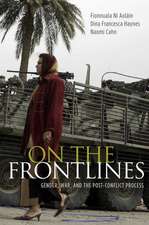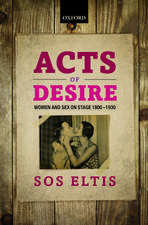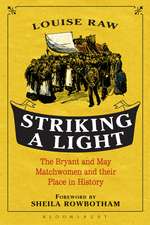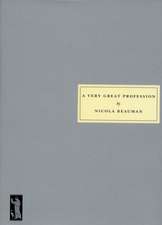Senecan Tragedy and the Reception of Augustan Poetry
Autor Christopher V. Trinactyen Limba Engleză Hardback – 10 iul 2014
Preț: 580.41 lei
Preț vechi: 832.85 lei
-30% Nou
Puncte Express: 871
Preț estimativ în valută:
111.06€ • 115.73$ • 91.96£
111.06€ • 115.73$ • 91.96£
Carte tipărită la comandă
Livrare economică 24-29 martie
Preluare comenzi: 021 569.72.76
Specificații
ISBN-13: 9780199356560
ISBN-10: 0199356564
Pagini: 272
Dimensiuni: 239 x 168 x 28 mm
Greutate: 0.49 kg
Editura: Oxford University Press
Colecția OUP USA
Locul publicării:New York, United States
ISBN-10: 0199356564
Pagini: 272
Dimensiuni: 239 x 168 x 28 mm
Greutate: 0.49 kg
Editura: Oxford University Press
Colecția OUP USA
Locul publicării:New York, United States
Recenzii
the fact remains that [Trinacty's] intertextual approach has yielded a book of great value to specialists in the fields of both Augustan poetry and Senecan tragedy.
In crisp, clear prose, Trinacty mounts a reading of the texts of Seneca's dramatic poems as full participants in the intertextual system of meanings and significances that scholars have discerned in Augustan poetry and its Hellenistic models. Thanks to his cogent arguments and sensitive readings, it will henceforth no longer be possible to characterize the allusive presences of Virgil, Horace, and Ovid in Seneca's poetry as mere reminiscences or symptoms of an impoverished belatedness. This is an impressive contribution, and a most welcome one, to the study of a Roman author whose seriousness as a poet as well as a philosopher is once again fully visible for the first time in several centuries.
In crisp, clear prose, Trinacty mounts a reading of the texts of Seneca's dramatic poems as full participants in the intertextual system of meanings and significances that scholars have discerned in Augustan poetry and its Hellenistic models. Thanks to his cogent arguments and sensitive readings, it will henceforth no longer be possible to characterize the allusive presences of Virgil, Horace, and Ovid in Seneca's poetry as mere reminiscences or symptoms of an impoverished belatedness. This is an impressive contribution, and a most welcome one, to the study of a Roman author whose seriousness as a poet as well as a philosopher is once again fully visible for the first time in several centuries.
Notă biografică
Christopher V. Trinacty is Assistant Professor of Classics at Oberlin College.
